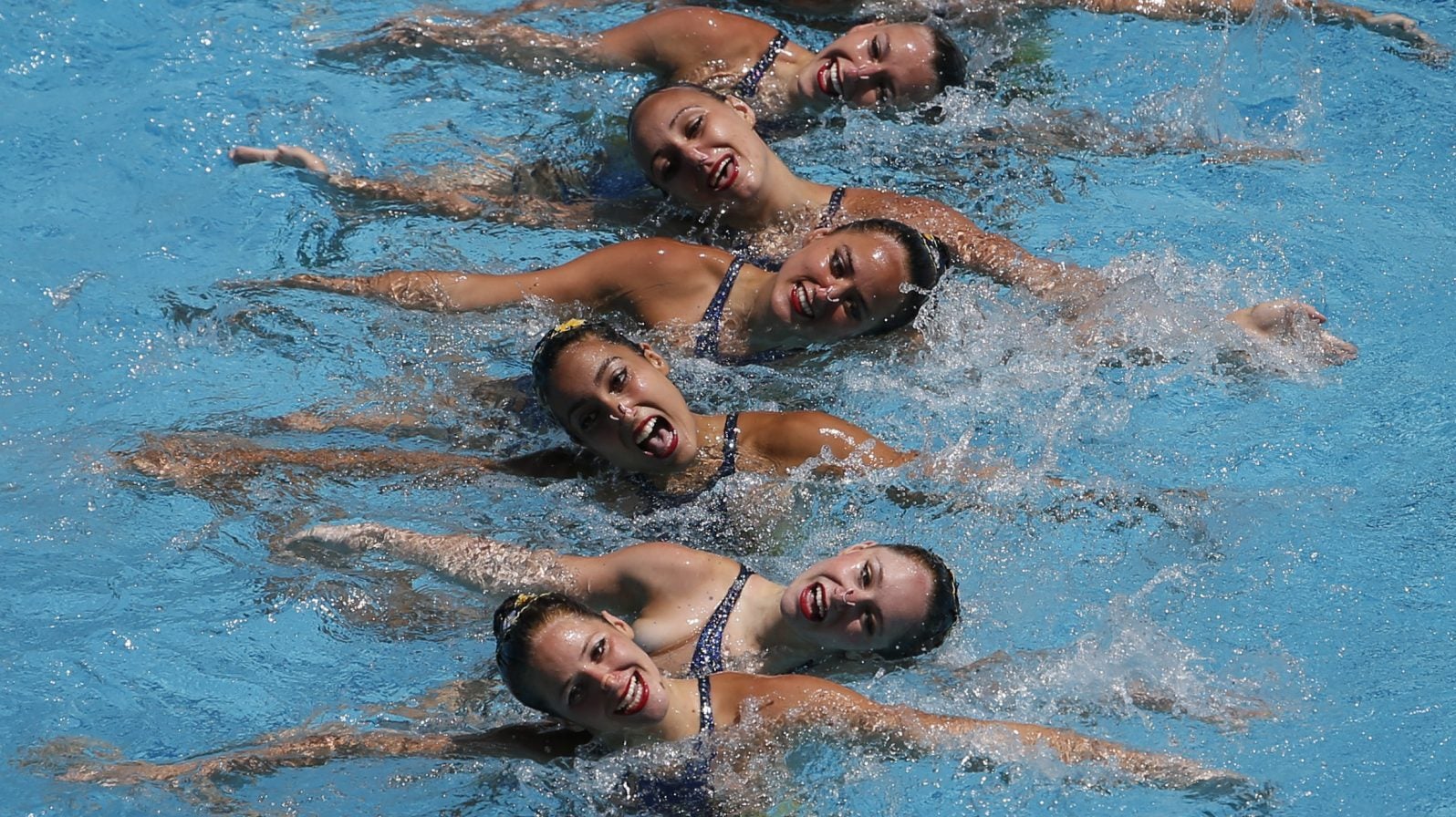New research finds the key trait in people who help their teams outperform
Group projects are a minefield for high-achieving students. They often wind up doing the bulk of the work—whether because they don’t trust their classmates to meet their standards, or because their teammates simply aren’t as invested in building a truss bridge out of string and toothpicks. Alternatively, if there’s more than one go-getter in the mix, group projects can devolve into power struggles with multiple students vying for control, leaving swaths of toothpick detritus in their wake.


Group projects are a minefield for high-achieving students. They often wind up doing the bulk of the work—whether because they don’t trust their classmates to meet their standards, or because their teammates simply aren’t as invested in building a truss bridge out of string and toothpicks. Alternatively, if there’s more than one go-getter in the mix, group projects can devolve into power struggles with multiple students vying for control, leaving swaths of toothpick detritus in their wake.
Why do schools put kids through this particular form of torture? Well, it’s excellent preparation for the world of work. Group work is a very important part of the job for 78% of occupations in the US, according to O*NET, an online database sponsored by the US Department of Labor.
That means employers need people who know how to get things done as part of a team. And the most valuable people in that respect may not be the superstar types who got straight A’s in school, but team players with a high degree of social intelligence. In fact, social skills improve group performance about as much as IQ, according to a new working paper by Harvard researchers issued by the National Bureau of Economic Research.
The findings point to a disconnect in the way that many companies measure performance. Lots of employers say they greatly value teamwork. But, as the researchers note, most workers are assessed on their individual contributions, which may well fail to capture the very real impact that team players have on productivity and morale.
The study, which has not yet been peer-reviewed, examined how 255 participants performed individually on a series of problem-solving tasks, including one, Raven’s Advanced Progressive Matrices, that is a well-established measure of intelligence. The researchers also administered the Big Five personality test, which measures traits like agreeableness and conscientiousness, and the Reading the Mind in the Eyes Test, a measure of social intelligence created in 1997 by University of Cambridge professor Simon Baron-Cohen, which asks subjects to interpret other people’s emotions based on photographs of their eyes and eyebrows alone.
The study participants were then asked to do problem-solving tasks in randomly assigned groups, with researchers predicting how well each group would be expected to do based on the individuals’ previous scores. The result: When a group included a person who had scored highly on the eyes test—that is, someone with strong social intelligence—its members consistently outperformed expectations.
The researchers note that the team-player effect isn’t about skill. “If we added a chess grand master to a chess-playing team, that person would clearly increase team performance but would not necessarily be a team player by our definition,” they wrote. “Instead, team players are individuals who consistently cause their group to produce more than the sum of its parts.”
So exactly how do emotionally perceptive types perform their magic? For one thing, researchers say that groups with a team player were “more likely to persist on a task and use their full allotment of time.” The researchers also observed that groups with team players performed better even when they were working separately on tasks—suggesting that people with good social skills “motivate fellow group members to exert more individual effort.”